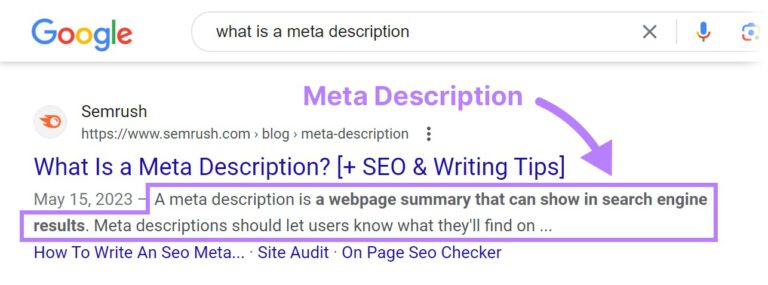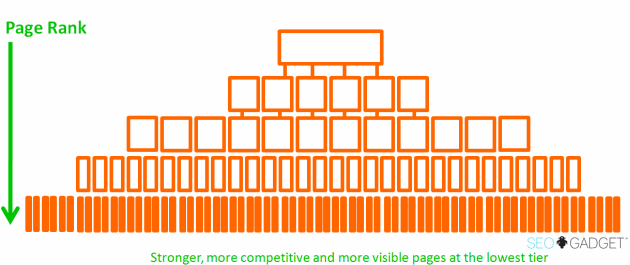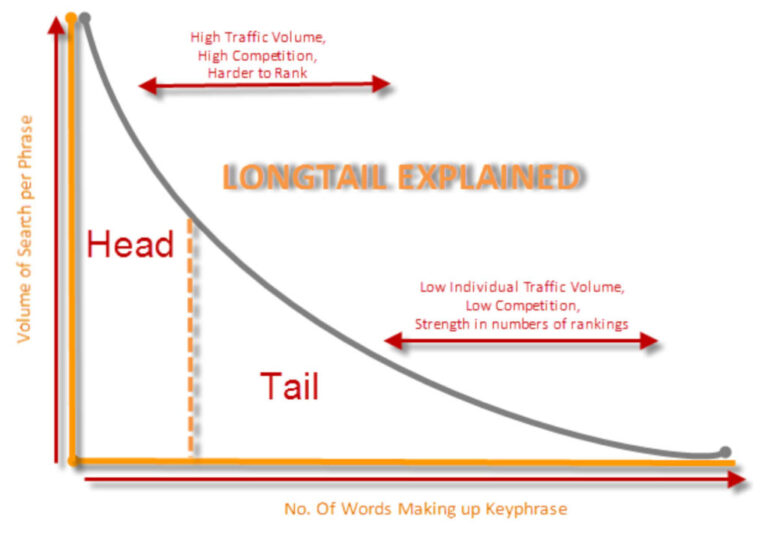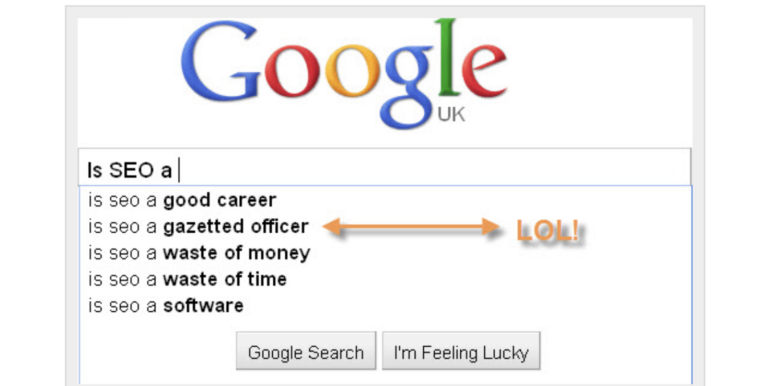Gutted I couldn’t make it to both the sessions at 10:30, I had to miss Tom Critchlows talk, Advanced Analytics for Affiliates. For those of you who know Tom, you know he really gets analytics, and in fact he recently posted for the google analytics team, no mean feat! I hope to catchup with him later if he is willing to share any tips.
Do I Need To Know Blackhat SEO
Sometimes it’s important to ask questions that may have answers that you already know. One such question popped in my mind yesterday, which obviously found its way onto twitter: Ok Question tweeps: As an SEO do you NEED to know “black hat” tactics? Thoughts? To my surprise I had a phenomenal number of responses. I …












